The Collected Papers of Frederic William Maitland —— Downing Professor of the Laws of England
-----
Until the day comes (whether it ever will or ever can come I do not know) when those who are skilled in Celtic philology will have sorted that miscellaneous mass which we know as the Ancient Laws of Wales, the materials which will be at the service of investi gators will be of an extremely dangerous and unsatis factory kind. I am not hinting at forgery; the forgery of codes of law would be an uncommon event. I am referring to what is a very common and, at a certain stage of society, an unavoidably common process, namely, the accretion and fusion in the hands of lawyers of rules and institutions which had their origin in widely remote periods. At any given moment the law of a nation contains things new and old. In 1819 the law of England comprised a mass of rules touching trial by battle it also comprised a mass of rules about negotiable instruments. There is no fear of our saying that the judicial combat and the bill of exchange are institutions which belong to one and the same age. We know the capul mortuum when we come upon it ln-modern times. We have continuous records and a continuous tradition. But do we know the capul mortuum when we come upon it in ancient times?
{{comment.content}}
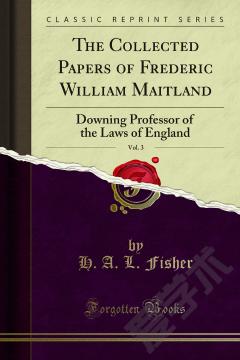
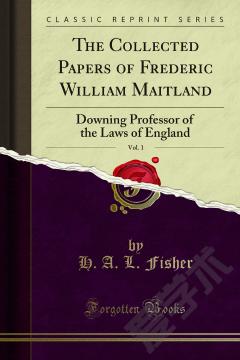
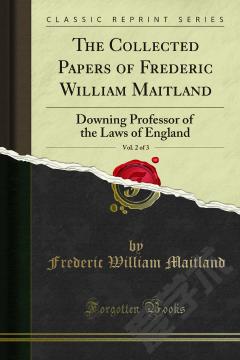


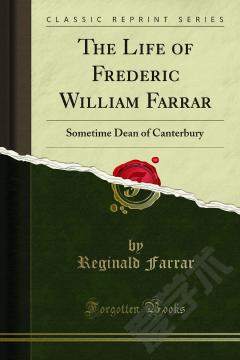
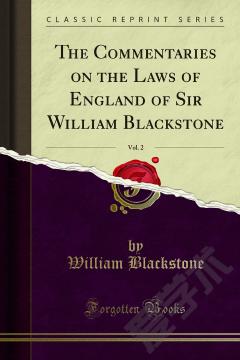

 京公网安备 11010802027623号
京公网安备 11010802027623号